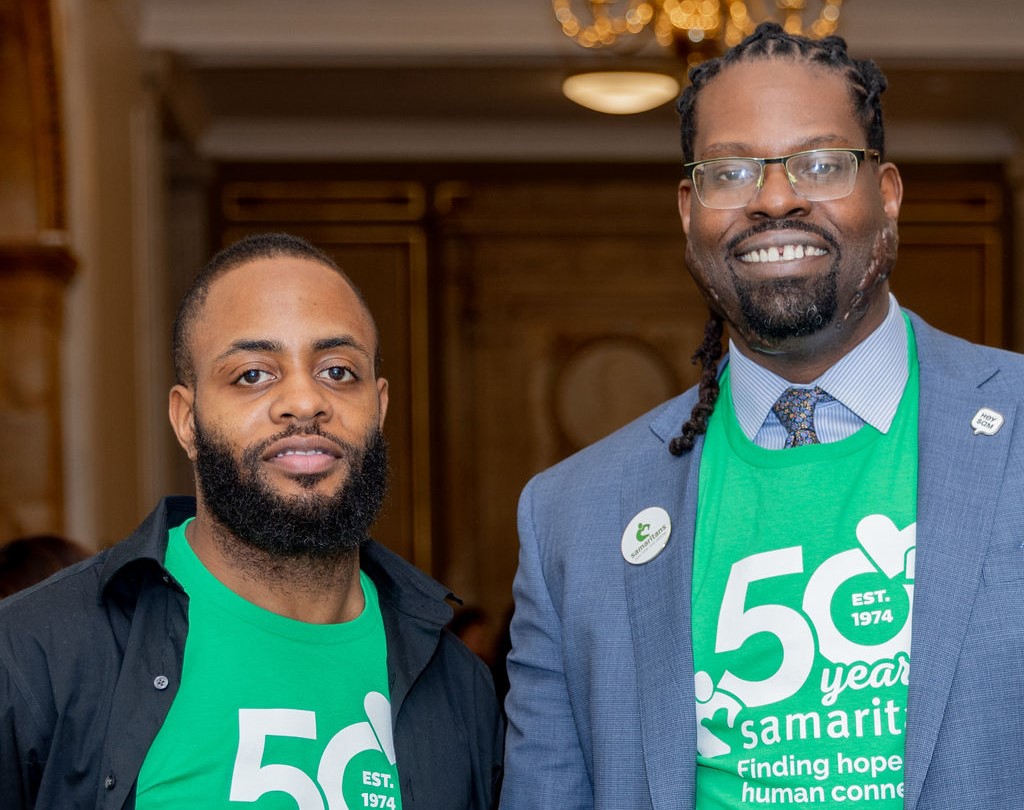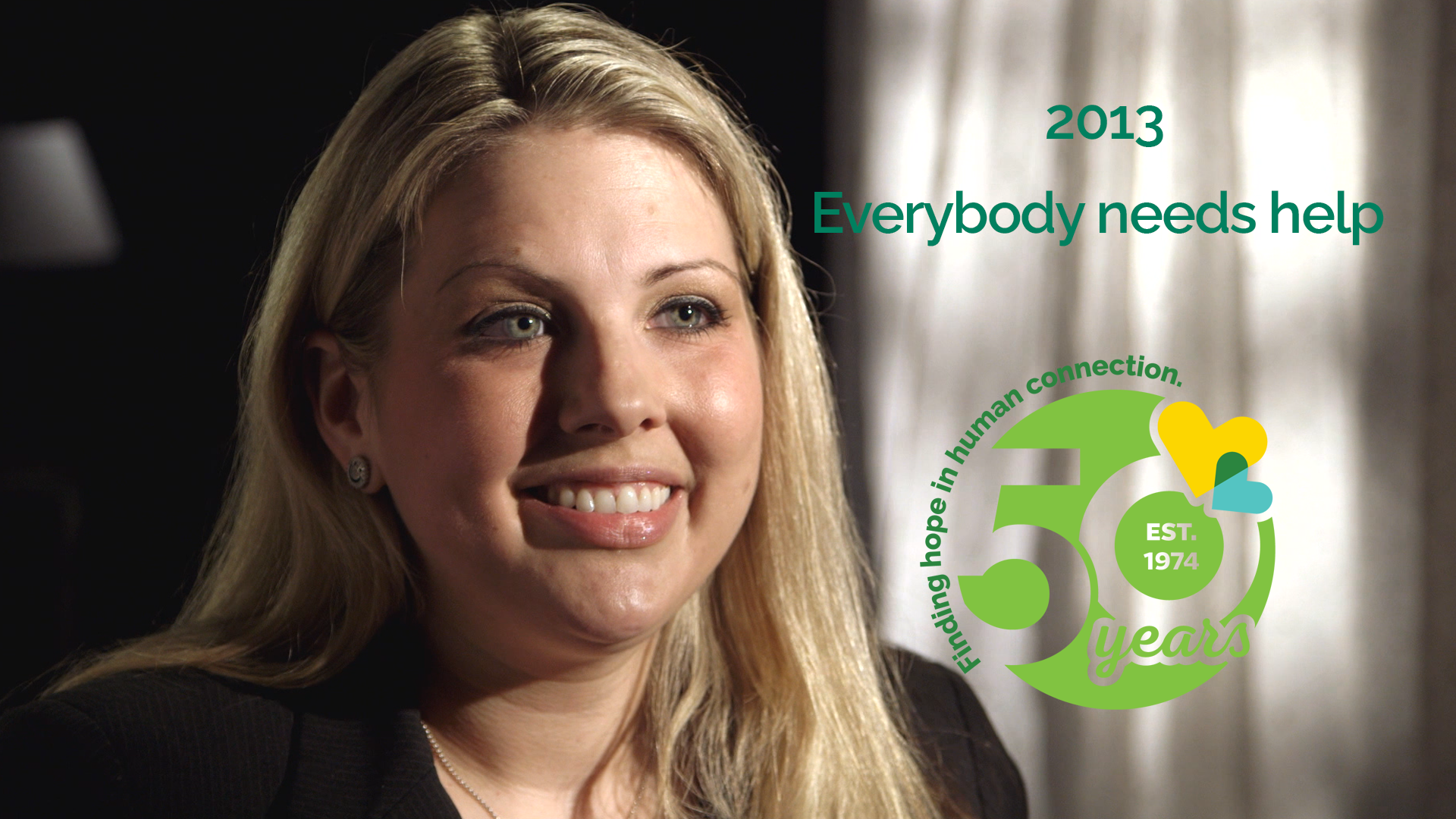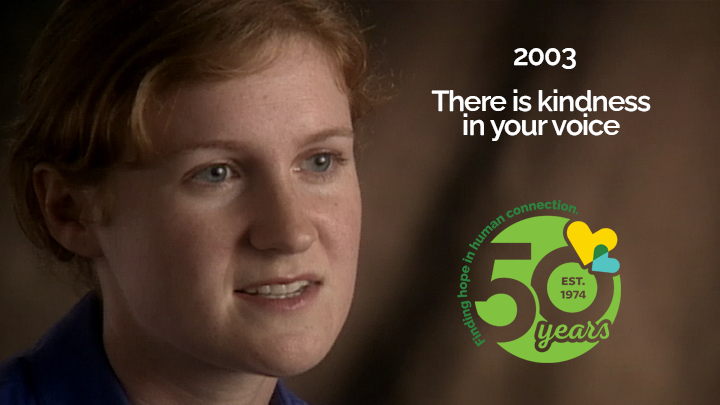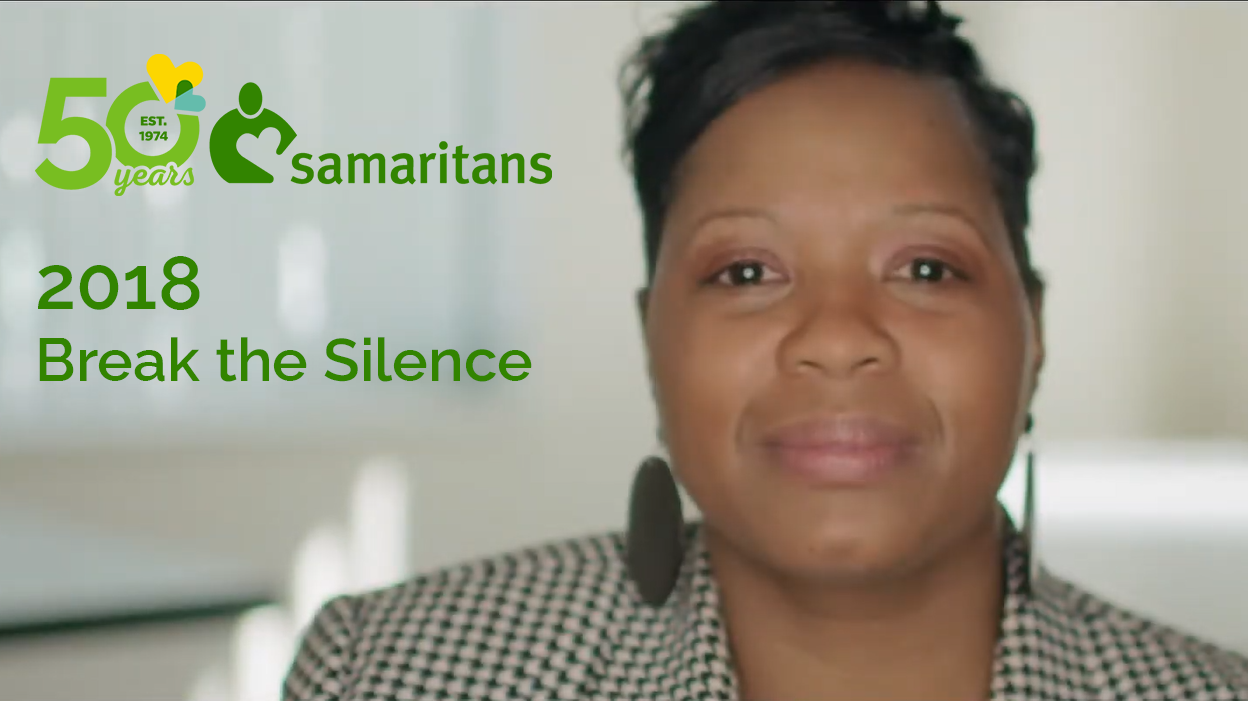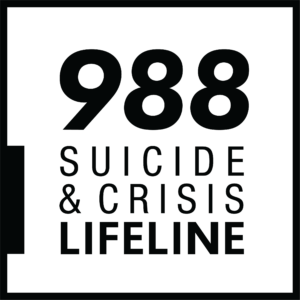Written by our dedicated Helpline volunteer, Susie
I have volunteered all of my adult life – as an ESL writing tutor, a Big Sister, for the Cape Cod AIDS Support Group, at public schools – and suspected Samaritans would be a great fit. I knew a lot about the organization and was impressed by the clarity of its mission. I was drawn to Samaritans for several reasons, including some personal ones.
There is a lot of mental illness in my family and I lost a loved one to suicide, so I understand all too well the shortcomings of our mental health system in spite of its many dedicated and compassionate practitioners.
I have suffered from depression since I was a teenager and know the toll it can take, emotional and physical, as well as the loneliness it inflicts. People may love you to pieces but be ignorant of the nature of this illness and ask, “What do you have to be depressed about?” or urge you to “snap out of it.” Beyond my own experience, I empathize with people feeling deeply lonely and misunderstood because of mental illness.
I’d read Diane Ackerman’s “The Slender Thread,” as well as important books about suicide including “The Noonday Demon,” “The Savage God,” and “Darkness Visible.” As a career journalist, I am a good listener, someone trained to talk less and listen more.
What made me nervous right off the bat was realizing that “befriending” (Samaritans’ style of active listening) is almost antithetical to what I do as a journalist, someone who reflexively asks: Who, what, where, when, why? I had to unlearn this ingrained habit, and it was such a challenge that I cried during two of my learning shifts. I felt uncharacteristically tongue-tied and overwhelmed by the responsibility of saying “the right things” to people in severe emotional pain.
My mentors assured me, “You can do this.” They recognized that the empathy was already there – I just needed to learn to be a befriender, and that can sometimes feel counterintuitive. When I found my befriending “voice,” I likened it to belly dancing. When I first started belly dancing, I could not shimmy, the most fundamental thing in the craft. It’s not intuitive and it’s not easy. You struggle, you stumble, and then one day it just clicks in. You are shimmying. You can shimmy all day. It feels completely natural. I remember telling my Samaritans mentors, “I have found my shimmy.”
After I began my regular befriending shifts, something changed beyond the phone room. I found myself listening compassionately and without judgment to my friends, my partner, my family. Instead of offering advice (which people rarely heed or even want) or piping up with a similar story of my own, I heard myself saying things like, “I am so sorry you’re going through this. I’m here for you.” I don’t think it’s an exaggeration to say that being a volunteer at Samaritans can make you a better person. This type of focused listening – like my shimmy – has become perfectly natural. If people in my life ask for advice, of course I try to offer it. If they don’t, I just support them and make them feel less frightened and less alone.
In this world of full-time navel-gazing, I can let go completely of a situation being about me. When my husband died unexpectedly years ago, people kept talking to me about what it was like when they lost their own partners, their grandparents, their pets. I know this came from a loving place – but it was not helpful. One friend simply said, “this really sucks.” That was the perfect thing to say. Kind of a Samaritans thing to say.
When we moved from the physical phone room to remote shifting for the pandemic, I was apprehensive, and worried that it might be a problem for me. I love the camaraderie of the phone room, the rich mix of people of all ages, and the good-natured support we offer each other. I love the table full of junk food, the doodles people leave on the desk blotters, all of it. And then I was alone at my kitchen table, just me and the phone. Strange.
Now, I’m used to it, and there are even some things to recommend it. I’m very focused and uninhibited in my verbal nods (I refer to them in mentoring shifts as hugging someone through the phone), and I can wear a muumuu. (Kidding; I don’t own a muumuu. But I could wear one.)
I wanted to take on a second shift because of the greater need during the pandemic. I love my additional shift, and I find myself digging in deep with the callers and in the stillness of those hours feeling completely engaged. Remote shifting is different, very definitely, but it’s grown on me.
When I do really engage with people, that feeling of having made a difference stays with me all day. I don’t discuss it with anyone, of course. It’s just a small gift I carry with me.
We are so grateful to Susie for her dedication and service to people in need. If you’re interested in volunteering at Samaritans, visit our Volunteering page to learn more and complete the Volunteer Inquiry Form.
